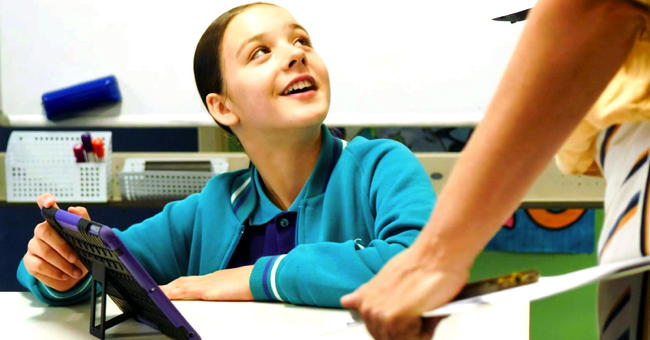Transforming Senior Subject Selection
You know how - a bit too often - when discussing senior subject selections with students, they say, 'I haven't really thought about it'. Or they come...

Student agency. It's the secret ingredient that we're all after.
By agency, we mean young people taking active control over their life and learning. And when it comes to career development it's essential.
If we really want to prepare young people to thrive in a rapidly changing world, careers outcomes cannot be a single decision or plan.
The outcome we work towards with young people has to be that we help them gain the intrinsic motivation and skills to navigate a lifetime of learning and course adjustments as they and the world around them change.
In other words, our job is to help them acquire agency and some of the skills to operate it.
We need to fire them up about their future possibilities and show them how to make things happen. That means giving them the time and tools to explore broadly, think deeply and test out many ideas for their future.
It's a far cry from taking a career test prior to attending a subject selection meeting, without teaching them to take agency over this step.
We work with schools to design their whole school approach to student futures, and often we hear that due to time, resources, tradition etc., students come to subject selection time with very little agency.
They struggle to articulate their thinking about their future (or really haven't done much thinking at all).
They come to the table with either no ideas or vague ideas which may or may not be realistic, and they expect the careers advisor to provide all the answers.
Just think about how different these important conversations could look!
How would the conversation be different, if...
Students come to the conversation having explored the world of work broadly without pressure, so they have broader ideas about where subjects might lead them.
They've thought critically about what success in life means to them, and they're aware of influences from people, their environment and society around them.
They recognise that they have skills, strengths and interests - some of which are just beginning to emerge, and others that will ebb and flow over their lifetime.
They've been encouraged to find possibilities that excite and fire them up for what their future could look like, and this makes them eager to find out more.
They've learnt to ask deep questions and be curious about careers as a part of a whole life (not just how much does an X earn?) As a result, they're assessing opportunities on robust information rather than superficial online searches.
They've learnt to be resourceful about answering these questions for themselves - which means they have thought about what is important to themselves.
They've learnt how to articulate their ideas and the thinking behind them - which makes that conversation much easier and more collaborative!
They've researched the pathways open to them and the implications of different choices.
Imagine how that subject-selection conversation could be different, more effective, less fraught, more collaborative.

This is not to minimise the importance of the careers advisor!
Guidance is gold at this critical point.
But we have to make sure that the value of the careers leader in school is recognised not by how much students rely on that person but by how little they rely on that person.
That person will not be there for all the other career decisions throughout their life.
In fact, research (Borg and Bright) shows that 80% of young people are knocked off course just 18 months after leaving school. They need to have the agency and skills to do it themselves.
If your school is using BECOME, ask us about our new Year 10 agency program that culminates with Be Your Own Careers Advisor.
It scaffolds students through a curriculum-aligned unit of learning that sees them stun their teachers and parents with the quality of their thinking about their first major pathways decision.
If schools have taken a truly whole school approach to careers education with BECOME, then this is a natural extension of a student's repeated engagement and inquiry-based approach to their future.
This is real agency.
BECOME Your Own Careers Advisor is a special program for students approaching their senior years subject selections. Find out more about it and BECOME for Secondary -- or check out the launch video.

You know how - a bit too often - when discussing senior subject selections with students, they say, 'I haven't really thought about it'. Or they come...

These phrases, so familiar to us all, pop up regularly in career development. 'Follow your passion' and 'You can do anything!' mean well, but our...

... before they leave Primary school. If you could give your students one big thing before they leave Primary school, something that would set them...